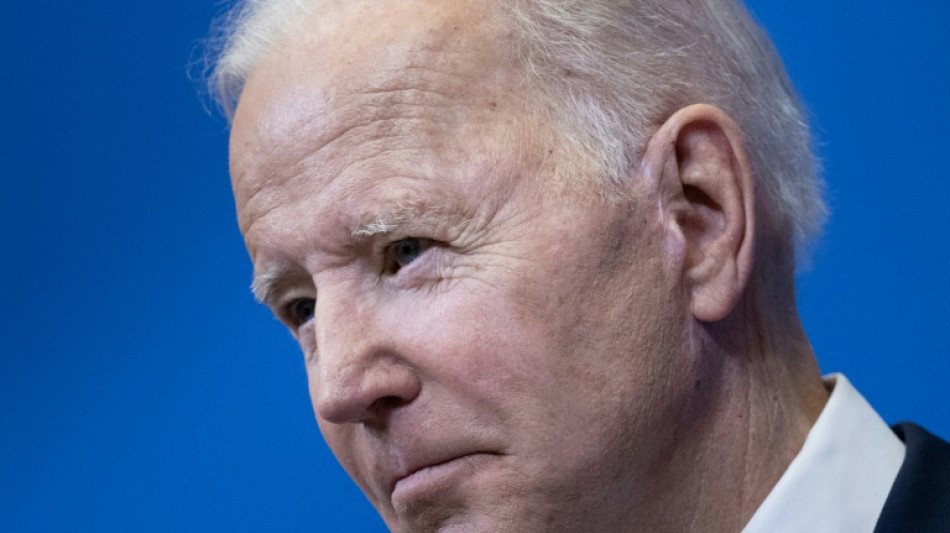

Asian markets swing as traders assess Ukraine, inflation, Fed risk
Markets fluctuated in Asia on Friday as traders struggled to build on a rally in New York, with focus on the impact of the Ukraine war, surging inflation and Federal Reserve plans to fight it.
The crisis in eastern Europe has forced investors to reassess their outlook for the global economy owing to an expected surge in already soaring prices, which some commentators now warn could lead to recessions and stagflation.
Another rally on tech firms helped Wall Street clock up more healthy gains as data showed filings for US unemployment benefits hit their lowest level since September 1969, while a gauge of business activity hit an eight-month high in March.
That came even as speculation swirls that the Fed will turn even more hawkish in its drive to rein in inflation. Tech firms are more susceptible to higher borrowing costs.
Meanwhile, the White House warned it was concerned that Russian President Vladimir Putin could lash out using chemical, biological or even nuclear weapons as he grows increasingly frustrated about his campaign in Ukraine being bogged down.
That comes after US President Joe Biden said earlier this week that the Russian leader's "back is against the wall" and "the more his back is against the wall, the greater the severity of the tactics he may deploy".
Still, analysts said the gain on US markets could be attributed to the united front presented in Brussels against Putin by NATO, the G7 and European Union, and hope that a ceasefire can be reached.
The groups unveiled a series of fresh sanctions against Moscow over its invasion, though European nations did not announce a ban on imports of Russian oil, which helped push crude lower Thursday. Both main contracts were flat in Friday trade.
Still, the commodity remains elevated and analysts warned it could spike at any time.
"Oil is trading a touch lower after EU leaders could not table unanimous support for a comprehensive Russian energy embargo," said Stephen Innes of SPI Asset Management.
"But the fact that oil is only trading a few dollars more down suggests the EU embargo was always a low-probability outcome. Still, it's tough to be short oil as US inventories continue to dwindle as we are bound to have more supply shocks in the future."
A move to restrict Moscow's ability to use the Russian central bank's gold reserves to circumvent Western sanctions sent the yellow metal up sharply.
Equity markets in Asia were mixed in early trade.
Tokyo, Hong Kong, Taipei, Manila and Jakarta slipped, though Sydney, Seoul, Singapore and Wellington edged up.
- Key figures around 0230 GMT -
Tokyo - Nikkei 225: DOWN 0.2 percent at 28,062.18 (break)
Hong Kong - Hang Seng Index: DOWN 0.6 percent at 21,823.34
Shanghai - Composite: UP 0.1 percent at 3,252.38
Brent North Sea crude: UP 0.1 percent at $119.14 per barrel
West Texas Intermediate: DOWN 0.1 percent at $112.23 per barrel
Dollar/yen: DOWN at 121.81 yen from 122.38 yen late Thursday
Euro/dollar: UP at $1.1033 from $1.1000
Pound/dollar: UP at $1.3210 from 1.3186
Euro/pound: UP at 83.52 pence from 83.39 pence
New York - DOW: UP 1.0 percent at 34,707.94 (close)
London - FTSE 100: UP 0.1 percent at 7,467.38 (close)
T.Fernsby--MC-UK




